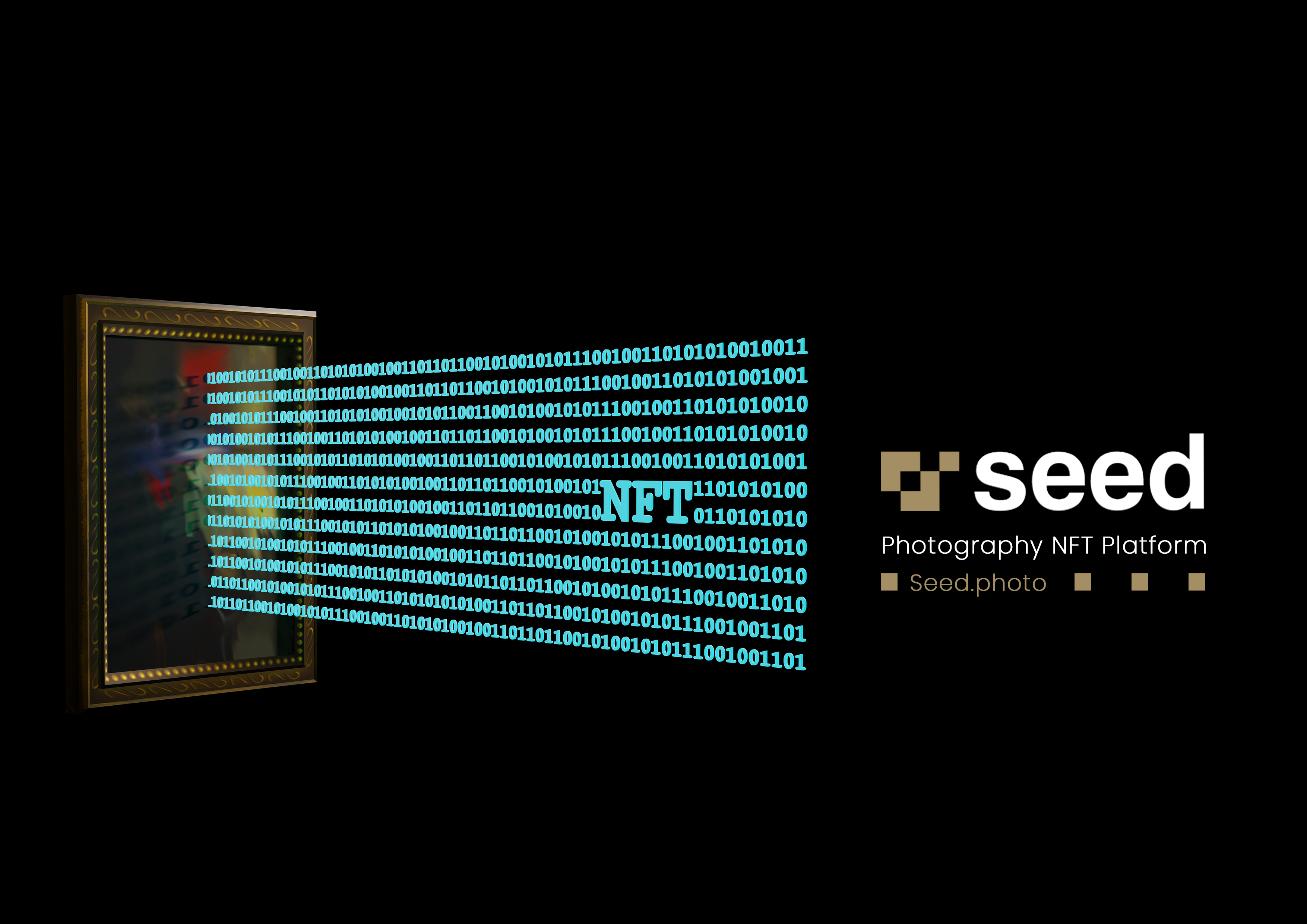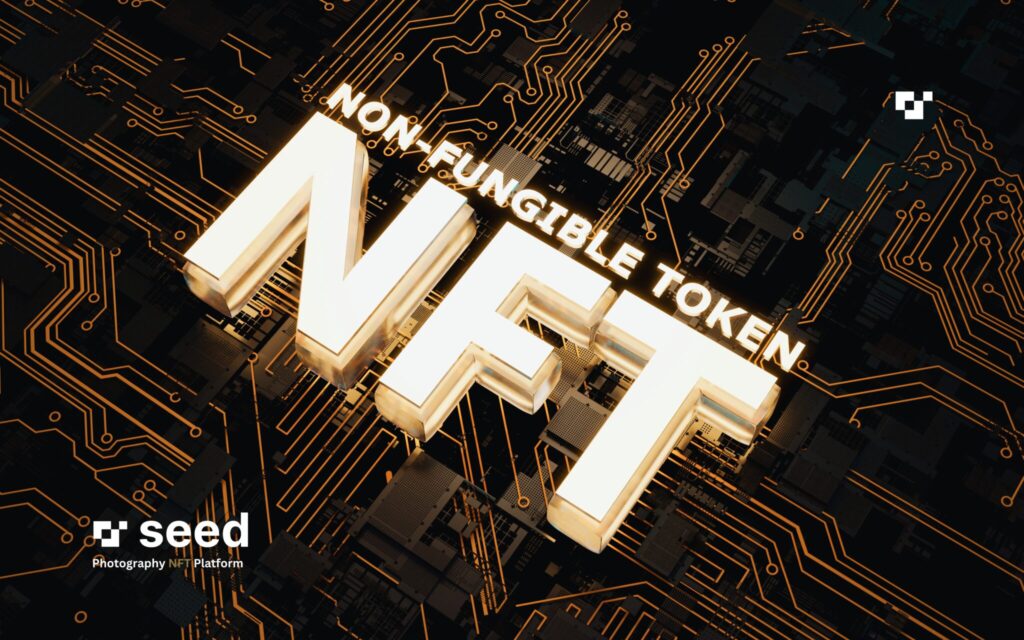What Is a Smart Contract Security Audit?
If you’ve been dabbling in the world of blockchain and cryptocurrencies, you’ve probably heard the term “smart contract” tossed around. But have you ever wondered how these contracts stay secure and trustworthy? Enter the world of smart contract security audits!
What’s a Smart Contract?
Before we dive into the audit part, let’s quickly recap what a smart contract is. Think of it as a digital agreement written in code, stored on the blockchain. These contracts automatically execute actions when predefined conditions are met. No middlemen, just pure, unadulterated code doing its thing.
Why Do We Need Security Audits?
Just like any other software, smart contracts can have bugs or vulnerabilities. But here’s the kicker: once a smart contract is deployed on the blockchain, it’s nearly impossible to change. So, if there’s a flaw, it can be exploited, leading to potentially massive financial losses. That’s where security audits come in!

Breaking Down a Smart Contract Security Audit
A smart contract security audit is like a thorough health check-up for your code. It’s a process where experts meticulously examine the smart contract to identify and fix vulnerabilities. Here’s a simple breakdown of how it usually works:
Initial Assessment: The auditors get a copy of your smart contract and any related documentation. They need to understand what the contract is supposed to do.
Automated Testing: Auditors use specialized tools to run automated tests on the code. These tools can catch common vulnerabilities and coding mistakes.
Manual Review: Automated tools are great, but they can’t catch everything. This is where the auditors manually review the code. They look for logic errors, security holes, and anything that seems off.
Security Analysis: This involves checking the contract against known security standards and best practices. Auditors look for issues like reentrancy attacks, overflow/underflow bugs, and access control problems.
Reporting: Once the audit is complete, the auditors compile a detailed report. This report outlines any vulnerabilities they found, the potential impact of these issues, and recommendations for fixing them.
Remediation and Re-audit: After you’ve made the necessary changes based on the report, the auditors might do a follow-up audit to ensure all the issues have been resolved.

Why Should You Care?
If you’re a developer, ensuring your smart contract is secure should be a top priority. A security breach could not only result in financial loss but also damage your reputation. Even if you’re just an investor or user, knowing that a smart contract has been audited can give you peace of mind.
Who Performs These Audits?
There are several firms and independent experts who specialize in smart contract security audits. Some of the big names include:
These firms have teams of experienced auditors who know the ins and outs of blockchain technology and smart contract security.
In the field of blockchain and cryptocurrency, security is most important. Smart contract security audits are an essential step in ensuring that the code running on the blockchain is safe, secure, and trustworthy. Whether you’re building the next big DeFi project or just dabbling in crypto, understanding the importance of these audits can save you a lot of trouble down the road.



